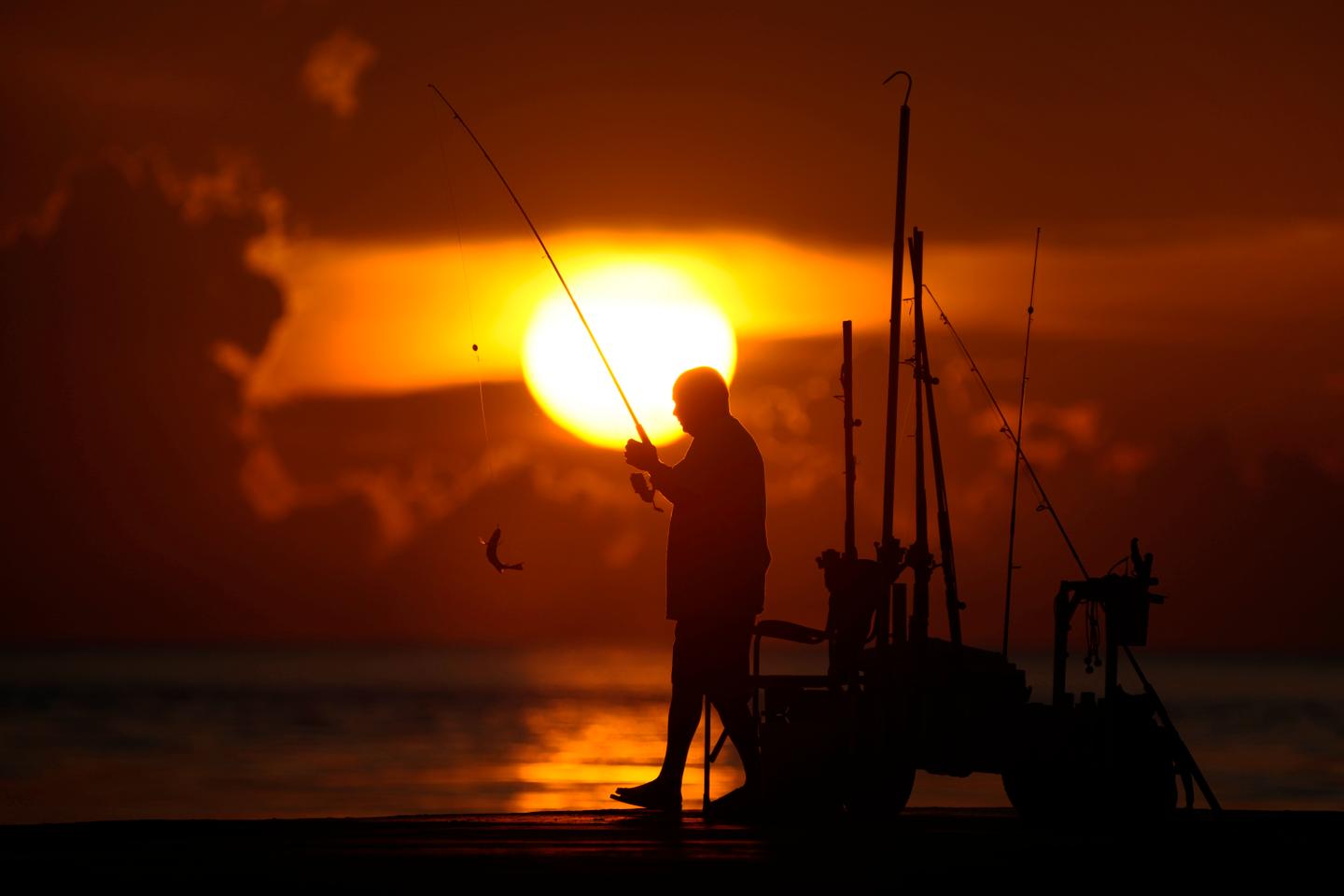


With the crucial United Nations Climate Change Conference (COP28) in Dubai only one week away, France is poised to play a pivotal role. Owing to its experience steering the negotiations for the Paris climate agreement in 2015 and organizing the Summit for a New Global Financing Pact (also known as the Macron-Mottley Summit) in Paris this summer, the country is best placed to broker a burden-sharing agreement to fund climate-change adaptation and mitigation in the Global South.
If successful, such an agreement could break the deadlock that has resulted in a series of self-defeating and inconclusive leaders’ summits. Absent a deal, however, the developing world’s resentments will escalate after a summer of droughts, floods, firestorms, and other climate-related disasters.
Fourteen years ago, at the London summit in April 2009, G20 leaders rose to the challenge posed by the global financial crisis, pledging $1 trillion of new funds to counter the Great Recession. Today, to meet the deepening climate crisis, which is increasingly becoming an existential threat, the international community needs to offer much more: $1 trillion annually in public and private flows to the Global South to fund its green transition.
But progress cannot be achieved without an agreement among developed countries on who will bear the costs. There are already doubts about whether the United States will fulfill its pledge to the $100 billion climate fund agreed at COP15 in Copenhagen in 2009, even though it reaffirmed its commitment in Paris this summer.
Unused special drawing rights
Moreover, calls for high-income countries to channel $100 billion in unused special drawing rights (the International Monetary Fund’s reserve asset) to the world’s most climate-vulnerable countries – a key plank of Barbadian Prime Minister Mia Amor Mottley’s Bridgetown Agenda – have largely gone unheeded. And the "loss and damage" fund established at last year’s COP27 in Egypt has yet to attract large donors.
Facing criticism that it will become an "oil COP" by dint of being held in the United Arab Emirates, COP28 must deliver decisive climate action that benefits vulnerable countries suffering the worst effects of global warming. That means a fair burden-sharing agreement based on the principle that the countries historically responsible for the largest share of greenhouse-gas emissions and with the highest per capita incomes should contribute the most.
It is fortuitous that COP28 president-designate Sultan Al Jaber has expressed his support for fixing climate finance. He recently emphasized the importance of "addressing the climate-finance gap," affirming that this is "a key priority for COP28." Similarly, he has called on donor countries with outstanding pledges to "show me the money."
You have 60% of this article left to read. The rest is for subscribers only.
